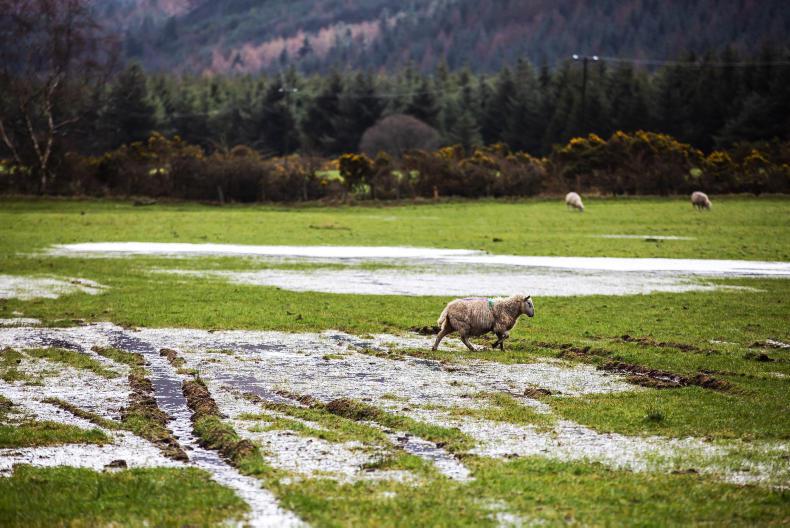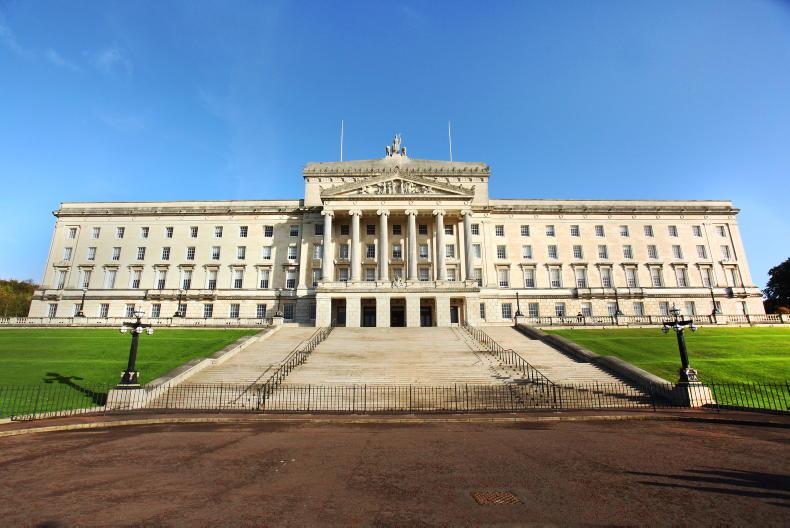Ireland is in line for wetter winters and hotter summers as a result of increasing temperatures due to climate change. While overall rainfall levels won’t vary significantly, the distribution of rainfall throughout the year is likely to change significantly.
This could lead to increased frequencies of extreme weather such as flooding and droughts, according Met Éireann's Seamus Walsh.
The Irish Farmers Journal spoke to Seamus after his presentation at the 2019 R&H conference in Kildare this week. He explains that Ireland is facing an increase in temperatures of between 1.5-2.5°C by the middle of the century. This could be as high as 3.5°C in extreme models.
A changing farming landscape
The growing season is likely to increase in Ireland, driven by higher temperatures, he explains.
Interesting slide presented by Seamus Walsh of @MetEireann. Ireland’s growing season is set to increase due to temp rises. On the left a 2oC increase versus a 4oC increase on the right. We could see an increase of nearly 50 growing days in Ulster with the latter. @farmersjournal pic.twitter.com/sAthq6t7Zm
— Stephen Robb (@StephenRobbFJ) October 24, 2019
This may not be entirely beneficial for agriculture, however. Due to wetter winters, fields may take longer to dry in the spring, making trafficability difficult. Equally, dryer summers may restrict crop growth due to lack of available moisture.
Biodiversity impact
One of the lesser known impacts of climate change is the effect that it will have on biodiversity. As the climate changes, it is possible that Irish habitats may become suitable for foreign pests or diseases. This could yet pose a challenge to agriculture and Irish ecosystems as invasive species generally out-compete native species, according to Seamus. While this is still an unknown, Seamus was at pains to highlight the potential risk that this poses.
Listen to the full podcast here:










SHARING OPTIONS